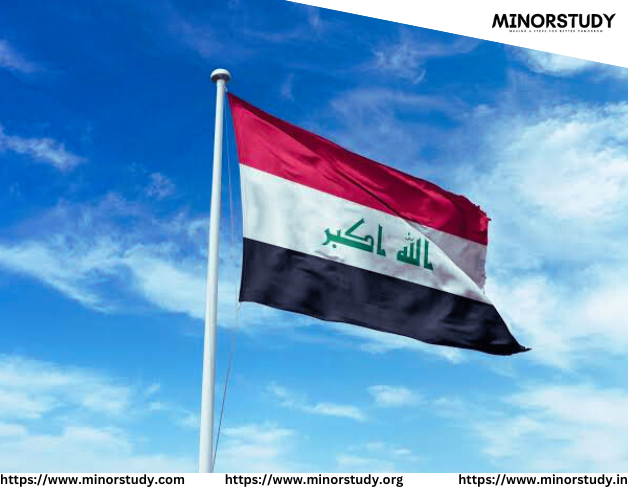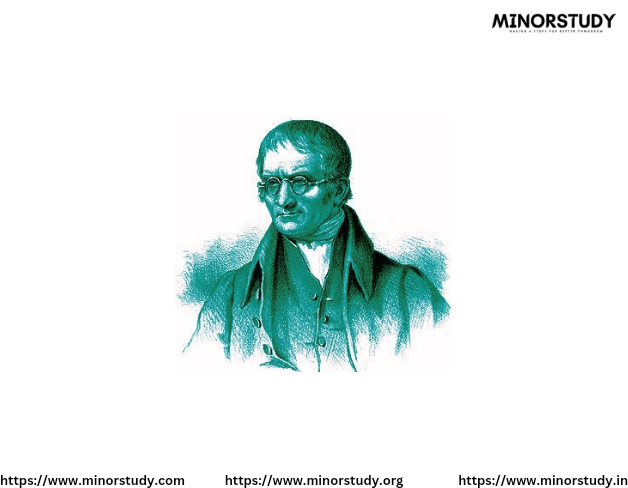Iraq
- Minorstudy Web blogs
- Dec 7, 2024
- 4 min read

Iraq Overview
Iraq, officially known as the Republic of Iraq, is a country in the Middle East with a rich history that dates back to the earliest civilizations. It is renowned as the cradle of civilization, home to ancient Mesopotamia, and has a complex modern history shaped by political, religious, and economic factors.
Quick Facts
Official Name: Republic of Iraq
Capital: Baghdad
Population: Approximately 44 million (2023 estimate)
Area: 437,072 km²
Currency: Iraqi Dinar (IQD)
Official Language: Arabic (official), Kurdish (regional)
Religion: Predominantly Islam (Shia and Sunni), with Christian and Yazidi minorities.
Time Zone: Arabian Standard Time (UTC+3)
Geography
Location: Located in the Middle East, Iraq shares borders with Turkey to the north, Iran to the east, Kuwait to the southeast, Saudi Arabia to the south, Jordan to the southwest, and Syria to the west.
Rivers: Iraq is dominated by the Tigris and Euphrates rivers, which create fertile plains and sustain agriculture.
Climate: The climate is mostly arid to semi-arid, with hot summers and mild winters. Northern areas experience more rainfall.
Natural Resources: Iraq is rich in oil and natural gas, with vast reserves contributing significantly to its economy.
History
Ancient Era
Cradle of Civilization: Iraq is home to ancient Mesopotamia, where writing, agriculture, and the wheel were first developed.
Empires: The region saw the rise and fall of many empires, including the Sumerians, Akkadians, Babylonians, and Assyrians.
Babylon: Famous for Hammurabi's Code and the Hanging Gardens, one of the Seven Wonders of the Ancient World.
Islamic Golden Age
Baghdad: The Abbasid Caliphate established Baghdad as its capital in 762 CE, making it a center of learning, culture, and trade during the Islamic Golden Age.
Modern Era
Ottoman Rule: Iraq was part of the Ottoman Empire until its fall after World War I.
British Mandate: Following the war, Iraq came under British control until it gained independence in 1932.
Saddam Hussein Era: Saddam Hussein ruled Iraq from 1979 to 2003, marked by wars with Iran and Kuwait and authoritarian governance.
2003 US-Led Invasion: Saddam Hussein was deposed in 2003, leading to years of instability, insurgencies, and sectarian violence.
Post-Conflict Reconstruction: Iraq has been rebuilding its economy and governance, although challenges remain.
Politics
Government: Federal parliamentary republic.
President: Serves as the head of state (largely ceremonial).
Prime Minister: The head of government with executive powers.
Parliament: The Council of Representatives is the main legislative body.
Autonomous Region: Iraqi Kurdistan in the north has its own government and military.
Economy
Oil-Dependent Economy: Iraq has the fifth-largest proven oil reserves in the world. Oil exports account for a significant portion of government revenue.
Agriculture: The fertile land between the Tigris and Euphrates supports wheat, barley, rice, and dates.
Reconstruction Challenges: Decades of war and sanctions have severely impacted infrastructure and development.
Culture and Society
Religion: Islam is the dominant religion, with Shia Muslims forming the majority and Sunni Muslims the largest minority. Other groups include Christians, Yazidis, and Mandaeans.
Language: Arabic is the official language, and Kurdish is widely spoken in the north.
Cuisine: Iraqi food reflects a mix of Middle Eastern and Persian influences, featuring dishes like masgouf (grilled fish), dolma, and various stews and kebabs.
Art and Literature: Iraq has a rich tradition of poetry, calligraphy, and music. Modern Iraqi art often reflects themes of conflict and resilience.
Key Attractions
Baghdad: The capital is home to historical sites, including the Al-Mustansiriya School and the Iraqi Museum.
Babylon: Ancient ruins of the Babylonian Empire, including the reconstructed Ishtar Gate.
Kurdistan Region: Erbil, the capital of Iraqi Kurdistan, boasts the Erbil Citadel, one of the world’s oldest continuously inhabited settlements.
Najaf and Karbala: Sacred cities for Shia Muslims, attracting millions of pilgrims annually.
Basra: Known as Iraq’s Venice, with canals and proximity to the Persian Gulf.
Ziggurat of Ur: A well-preserved Sumerian temple complex near Nasiriyah.
Challenges
Security: Despite improvements, Iraq faces threats from terrorism and internal conflict.
Infrastructure: Years of war have damaged roads, schools, and hospitals.
Political Stability: Sectarian tensions and corruption have hindered effective governance.
Significant Facts
Iraq is the birthplace of writing (cuneiform) and the legal system (Hammurabi's Code).
The Tigris and Euphrates Rivers form the historical region of Mesopotamia, often called the Fertile Crescent.
Iraq holds significant religious importance, with cities like Najaf and Karbala being key pilgrimage sites.
FAQs
What is Iraq famous for?
Iraq is known for its ancient Mesopotamian civilization, oil reserves, and religious heritage.
What languages are spoken in Iraq?
Arabic and Kurdish are the main languages, with minority languages like Turkmen and Assyrian also spoken.
Is Iraq safe for tourists?
While security has improved, travelers are advised to check government travel advisories before visiting.
What is the capital of Iraq?
Baghdad.
What is Iraq's main source of income?
Oil exports are the primary source of revenue for Iraq.
Notable Figures
Hammurabi: Ancient king of Babylon, known for his code of laws.
Saddam Hussein: Former president of Iraq (1979–2003).
Nouri al-Maliki: Prime minister during a critical period of post-2003 reconstruction.
Ali al-Sistani: Influential Shia cleric.
Conclusion
Iraq’s historical and cultural significance is unmatched, being the cradle of early human civilization. Despite challenges, the country’s resilience, natural resources, and rich heritage make it a vital player in the region and a unique destination for those interested in history and culture.











Comments